Lāszlō Hort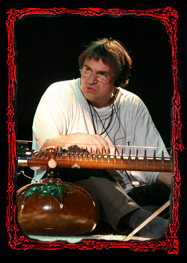 obāgyi (eL-Horto ) obāgyi (eL-Horto )
Guology HUN
Guology ENG
Members of Guo 2004-2010 (Download)
|
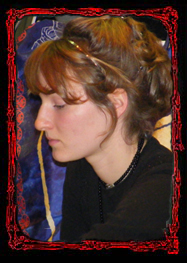 |
Nōra Hortobāgyi (Nono )
She was born in March, 1988, as the beloved only daughter of her parents. She began her initial training into classical european and indian music under guidance of her father Lāszlō Hortobāgyi. One of the first recordings of her early activity was published on the op. Transreplica Meccano Cd under title “nono-bol”. This recording was made at the Gāyan Uttejak Studio, Budapest, 1990, with a few renowned musician friends. She took her early training on piano-harpsichord at Budapest from different teachers but she was really a disciple of her own. Later she played her first tentative strokes on the surbahār-sitār at the age of nine, as a pupil of her Binkār father, so eventually became one of the ablest exponents of the “Budapest Gharana”. She gives very polished and neat expositions of difficult rāgas and has in addition a cultivated voice with an amazing colour. The flexibility of her techniques enables her to take “taans” or movements from note to note at a lightning speed and she utilizes her voice and instrumental technique skillfully to the best advantage in weaving very subtle, intricate and yet pleasing patterns. she has two secret missions: nursing and loving horses and dogs. As a member of the Gāyan Uttejak Orchestra she plays electronic keyboards, harpsichord and tānpura.
|
|
|
Zsolt Kosztyu (Zsűleyman )
Was born in Debrecen, 1964.
His musical studies starts in the primary school, at the age of 6. He studies piano and block flute. during the secondary school he begins to play several stringed instrument, among others mandolin and acoustic guitar. After graduating from secondary school he spends two years in Moscow, where he studies journalism. then he continues his studies in Budapest, in the Budapest economic university, where he takes his degree in foreign trade in 1991. since then he work as a free lance translator. in 2005 joins Gāyan uttejak orchestra with whole-hearted enthusiasm.
Since the age of 14 he plays in various bands, as follows:
Maracas (1978-82): bluegrass & folk oriented
band – mandolin, bass and blues harp;
Delirium tremens (1983-85): punk-rock band in Moscow – lead guitar and vocal;
Tēl [Winter] (1989-1993): progressive folk-rock
band in Budapest – guitar and vocal;
You and i [successor of Tēl] (1993-2000): wellknown Hungarian progressive rock band, publishes
4 Cds with zsolt – guitar and vocal;
Urban noises (as from 2002): with his friend, the excellent jazz guitarist Lāszlō Halper, contemporary acid world-jazz, publishes 2 Cds, – bass, groove box, sampler, keyboards, effects. several concerts with famous star-guests, e.g. Lajos Kathy Horvāth, Yochko Seffer, Jackie Orszaczky
Gāyan uttejak orchestra (as from 2005): bass and keyboards.
|
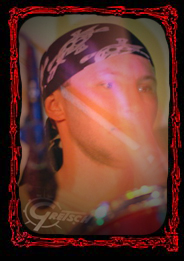 |
Tamās Nādhāzi (Naad )
I was born in 1975. I think, I was a very good child (or not). I started to play drums when I was 14. (Although, as my mother said, even when I was a little child I used to have a little steel snare drum. It had a terrible sound. I think, I loved it, but I can’t remember.) My first and only drum teacher was Attila Nagy. He is a very impressive drummer.
Since 1995 I have played in various bands (The Silence, Memory’s Garden, You and I – published one CD with me on board).
That’s all Folks!
|
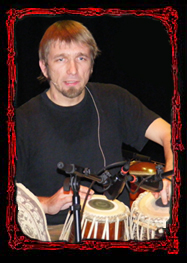 |
Tibor Motyān (Teebo )
He was born in 1977, in a small Hungarian town. He grew up in a musicians family. His musical studies started when he was 6 years old. firstly he learnt to play violin, then started to play piano, both in classical and jazz style. After finishing his schools, he applied for the Franz Liszt Music Academy, where he finished a course for musical instrument makers in 2000. during
this time he actively played with different music groups on different instruments (bass guitar, piano, percussion).
In 2000, he turned to Hindustani classical music and started to be interested in tablā-playing. He began to study and train tablā playing and indian music under the initial guidance of Lāszlō Hortobāgyi (Head of Gāyan uttejak orchestra, rūdra-vina, sitār of indore Gāyaki-Ang). In 2003, he traveled to india to Pandit Vinode Pāthak, tablā player (son of the famous sitār player Pandit Bālarām Pāthak of darbhanga sitār Bāj) to learn delhi and farukhabād tablā-Bāj from the Master. Since then, he actively participates in the musical life of Gāyan uttejak orchestra.
|
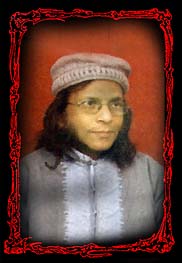 |
Pandit Vinode Pāthak
Pandit Vinode Pathāk is considered to be one of the most outstanding and torchbearer of Tablā-player in Hindustani Classical Music.
Born in Calcutta in 1956. He has learnt the instrument from greatest renowned and legendary Tablā Maestros late. Pt. Jnan Prakash Ghosh and late Ustad Ahmed Jaan Thirakwa. Pathakji belongs to a well known musician family whose ancestors taces back to Nāyak – Gopal of 11th – 12th Century. His father Pt. Bālarām Pāthak was a renowned living legend Sitār player. Vinodeji has added a new dimension to the art he serves.
Many Tablā players of Delhi are trying to follow his footsteps in the accompaniment style. Quite a few of his students are also grade Tablā artists in All India Radio.
He is one of the best rhythmic Tablā player of India, has given numerous tablā performances all over the country and abroad, and accompanied with all greatest exponents of classical musician like Ustād Ali Akbār Khān, Ustād Amjad Ali Khān, Pt. Bhimsen Joshi, Smt. Kishori Āmonkar, Pt. Jasrāj, Ustād Halim Jafar Khān, Pt. Debu Chaudhury, Pt. Birju Mahārāj, Pt. Gopi Krishna etc. He has also giving Tablā accompaniment to other artists of All India Radio from time to time. He is a staff artist (Tablā) in All India Radio (Delhi).
|
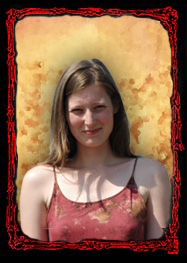 |
Anita Pintēr (Anitara )
Reborn in 1982 as a baby chick, just to make visual appearance of GUO flourish. For that reason she courageously tries to find the appropriate school. With this impetus, she earns a professional degree in architecture in the Moholy-Nagy University of Art and Design.
As a hobby, she is in the habit of lighting and extinguishing candles at GUO concerts. As an excused absence, in an architect’s office she is designing glass designs and office buildings for the hillside.
|
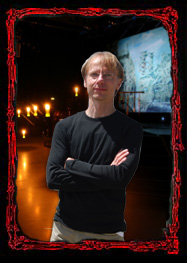 |
Ferenc Haāsz (Mahaász )
Born in Budapest, 1969. Soon, he starts to learn violin but gives up, later he continues with percussions, classical guitar and flute, but with none of those instruments he manages to meet the requirements of becoming admitted by GUO, thus he makes a trial of tamed pyrotechnics with overwhelming success.
For the sake of being present at the concerts he would shoulder (high) responsibilities like washing-up or purchasing candles and other inflammable materials. In his remaining time, he designs architectural lighting for museums, hotels, restaurants, airports and temples, that helps him to blow off his surplus libido.
|
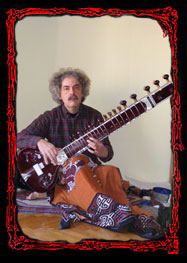 |
Zsolt Szulyovszky (Sūyojī )
Born in 1955, in Budapest.
At the age of 8 he begins to learn to sing and to play violin. In 1975 he meets Lāszlō Hortobāgyi, who introduces him to Indian classical music. His commitment towards this kind of music has never changed since then.
Making progress on the tangible side of life, after earning a degree in history and library science, he runs between 1990 and 2007 a second-hand book store, Bibliotēka, in Budapest, first as a manager than as the managing owner. As to the other side of real life, he even being an antiquarian bookseller never stops living under spell of Indian music.
In early 2005 he travels to South-India, and the turning of the past into presence has come true. Then comes the final illumination: he purchases a sitar and a tabla in Mysore, then after returning home he applies to Lāszlō Hortobāgyi to introduce him to the mysterious art of sitar, that being a real turning point in his life. In June 2007, Zsolt visits in Amsterdam the sitariya Srimati Darshan Kumari (pupil of Budhaditya Mukherji), who has come from India in the 70ies, and since then Zsolt follows the whirling of his life as her pupil.
|
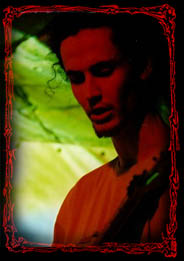 |
Tamās Littmann (Tomato )
I was born in May, 1980, in Budapest.
In my childhood, it was my brother who drew my attention to music and great books, making me acquainted with interesting and strange musicians and bands like Frank Zappa.
From age 11, year by year, I started to learn different musical instruments: at first guitar, bass, drums and percussions, later electronic synthesizers and samplers.
Having recognized my love for music and creation of interesting worlds through it, I started to learn sound-engineering, and soon found myself in different studios where I worked for years. Nowadays my primarily job is live sound reinforcement, to mix concerts as a sound-engineer, travelling from festivals to festivals, mostly in (Central-)Europe.
Formerly, I was a member of TanuTuva, a Hungarian psychedelic space-rock band, and worked a lot with Vodku v Glotku, a great band, playing delicious folk music.
In this Universe, my most beloved thing is Nature, I always get lots of power from Her. My hobby is mycology, simply I love mushrooms. I also works as a mushroom-identifier, and lecture biologists on mycology. I love dogs, I have a Caucasian-Shepherd dog, looking like a bear and named Boldizsār, who is one of my best friends!
|
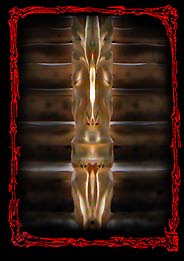 |
Jānos Strbk web progenitor
Was born in Budapest, 1969. Since his childhood lived among several animals mainly lot of dogs. As volunteer for a decade worked in movement for protection of animals in Hungary. Today professional is system administrating at the most famous hungarian animation studio.
And some favourites in arts and life…
Music: soul Sade, progressive Magma, Chroma Key, Korai Öröm, the Cinematic Orchestra, Skalpel, de Phazz disco Chilly, Azul yNegro, Bobby Orlando, Boytronic, breakin’ Newcleus, electronic Moskwa TV, Telex, Yazoo, YellowMagicOrchestra, Kraftwerk, industrial Skinny Puppy & sides, Frontline Assembly & sides, Portion Control & sides, Front 242, Nitzer Ebb, Chris & Cosey, Legendary Pink Dots & sides, the Klinik, ClockDVA, Dead Can Dance & sides, mystic-electro el-Horto balkanic Goran Bregovic ( Kayah, Alkistis Protopsalthi, Georgio Dalaras, Sezen Aksu), Boban Markovic Orkestar
|
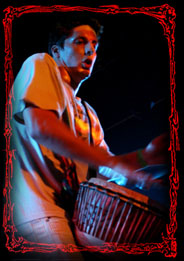 |
Mārton Nāray (Nārayana )
I was born on a morning of March 1978, in Budapest.
I grew up in Dunakeszi which is a small city close to Budapest. Later my parents moved to the smoky capital when I was 10. The serious infection of music came into my life at that time. Once I got an audio cassette of The Clash, Mano Negra from the neighbor punks when I was selling T-shirts on the streets, so afterwards I began to search after music which combines every styles I like. Many years later I needed to recognize this would only happen if I try to play that by myself.
My jobs:
– 2005 – program coordinator of Music Export Hungary (www.mxh.hu)
– 2005 – co-director of SoundFreedom, a sound technical and booking company representing bands like: Muzsikās, Mitsoura, GUO, Anselmo Crew, Nomada, Egy Kiss Erzsi Zene, Korai Öröm, ColorStar
– 2004-2005 music columnist of the main Hungarian program magazine PestiEst (www.est.hu)
– 2004 – A program organizer of the Talent Stage, and a music adviser for the Sziget Festival office.
– 1999-2004 program organizer at the Sziget Fesztival – the biggest European festival with approx. 400.000 visitors each years – (www.sziget.hu )
– 1997-1999 IndieGo Records / Trader distribution
– 1994-1998 Merlin International Theater, Merlin Klub, organizer, stage manager
Manual:
I started to play percussions (djembē, conga, bongo, derbuka) and a few other instruments (synth, jewsharp) and to sing by myself, later formed a band called “Tanu Tuva” where Monsigneur Tomato Littmann played the guitar. This year (2006) the band split up, nowadays we are working on our new project, called “Bagwa?”.
Nagual (the conjuror inside…):
When I was a child two things impressed me the most, the first was nature, the totality of nature with all the sacred elements. The other was music, somehow I always wanted to be close to this higher communication form, be a part of it and help this wave to lift up our common consciousness.
|
| |

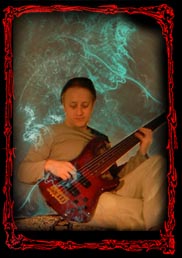









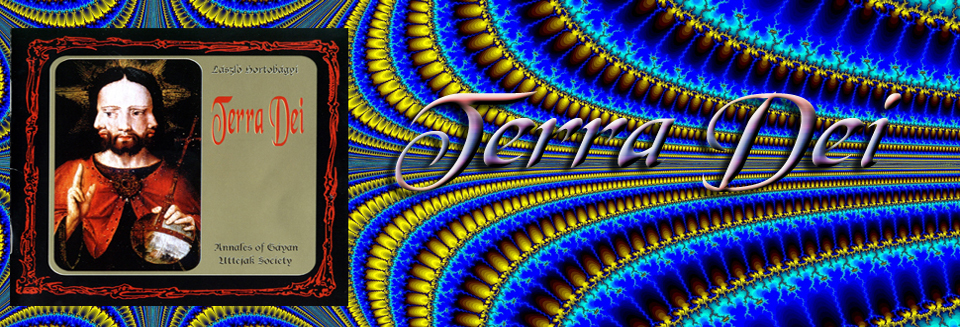

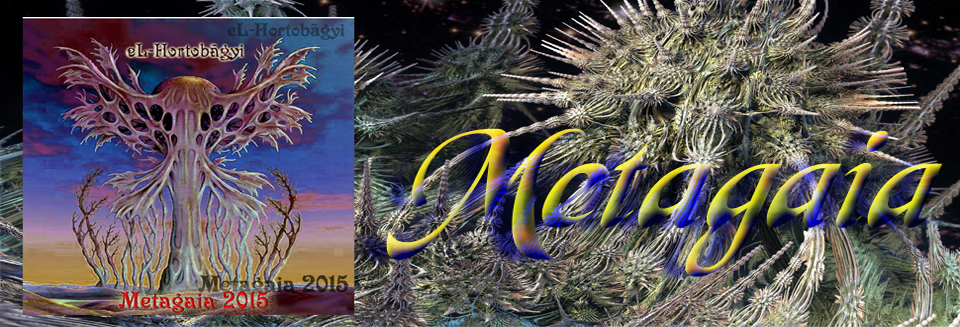

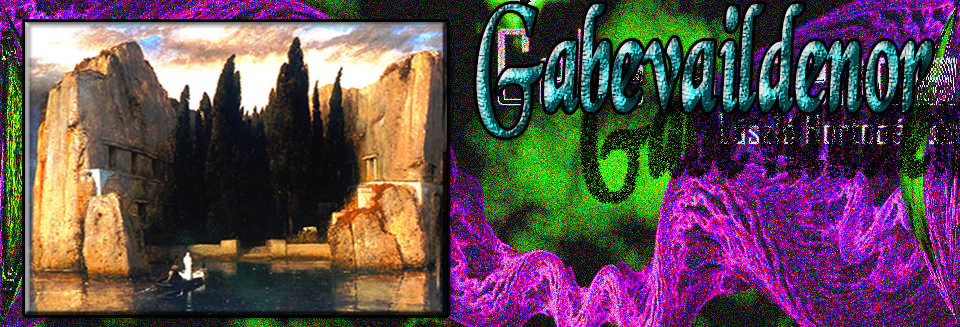
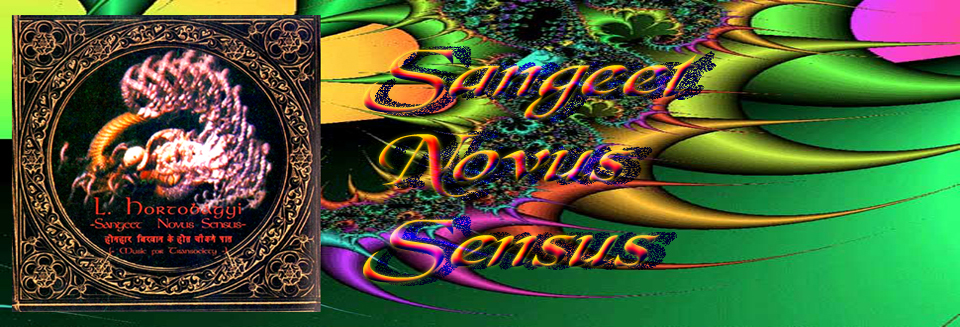

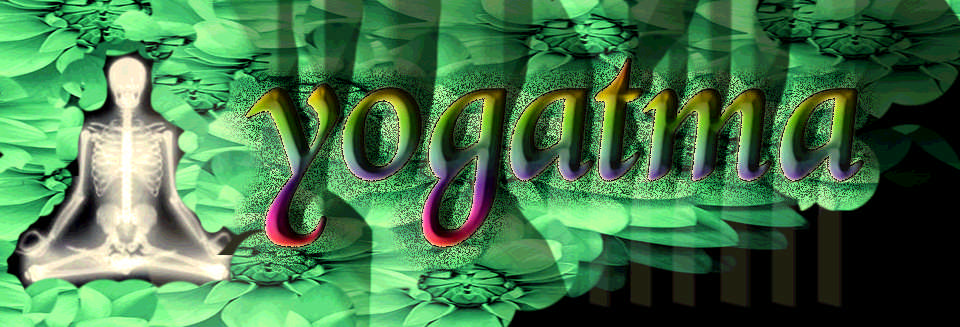
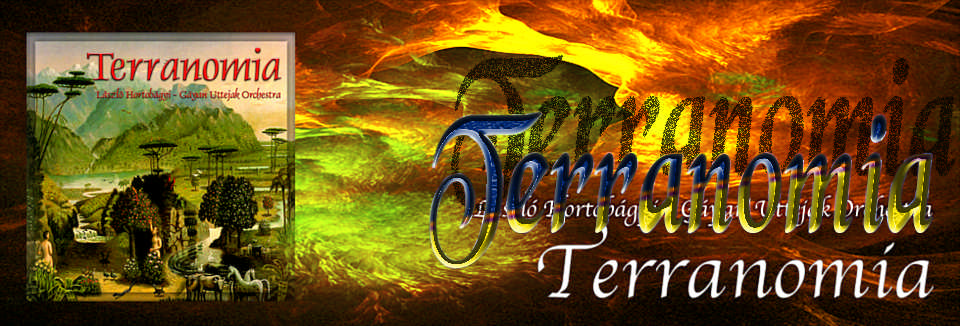
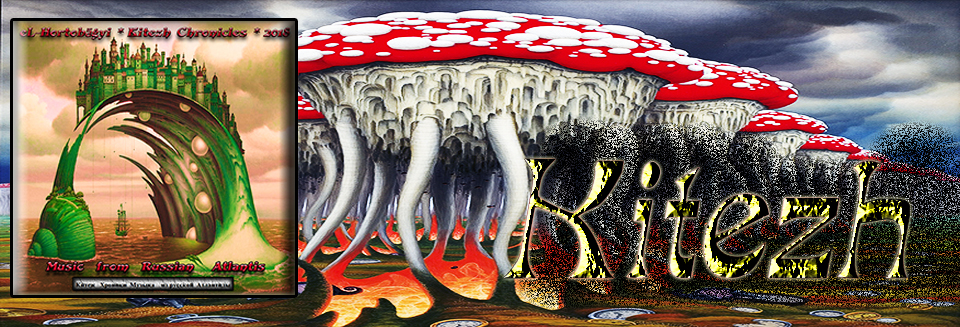
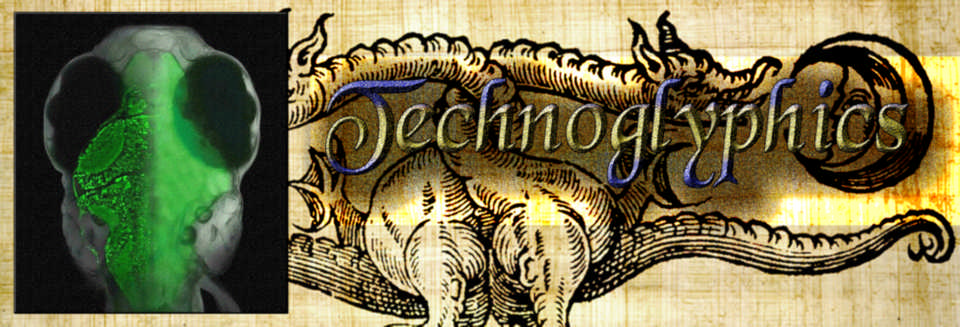
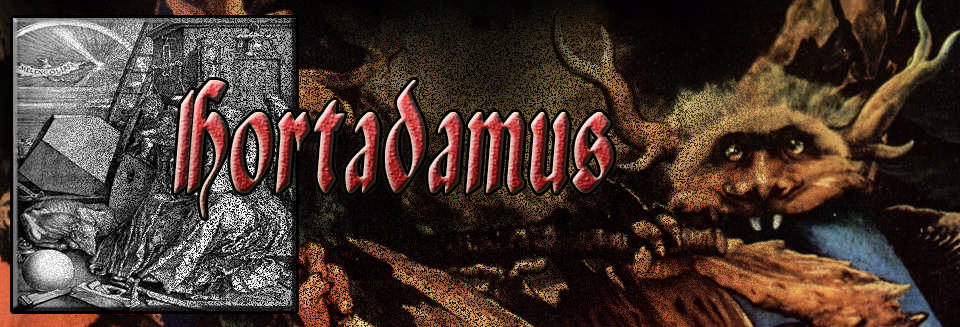
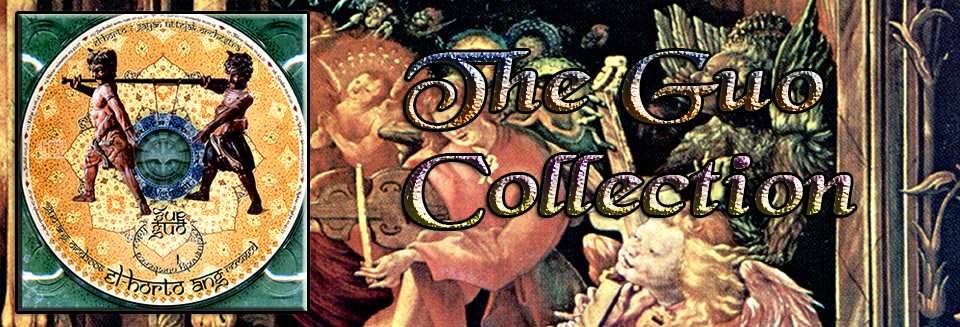

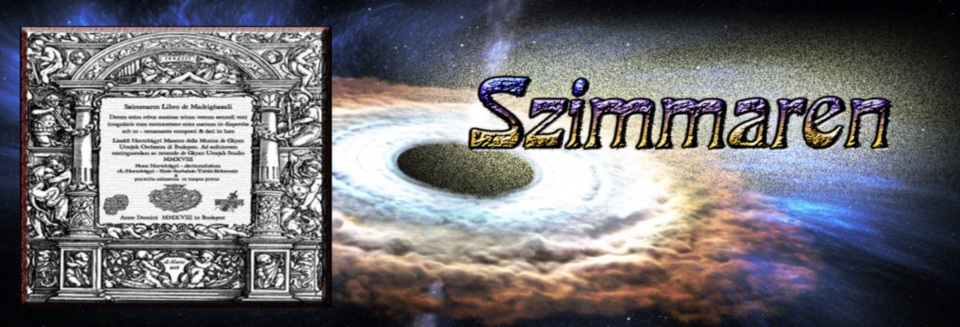

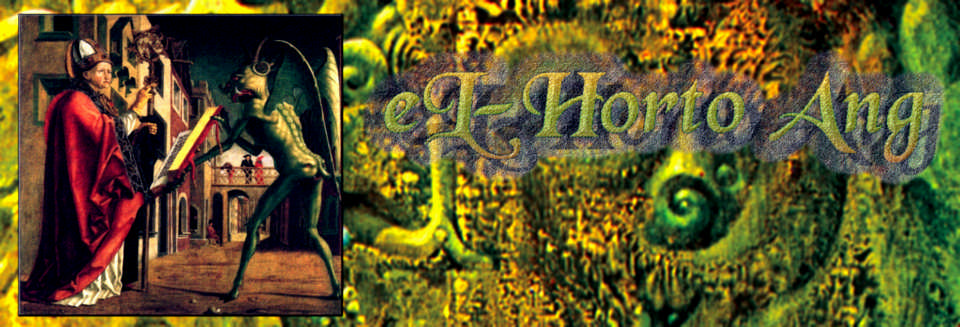
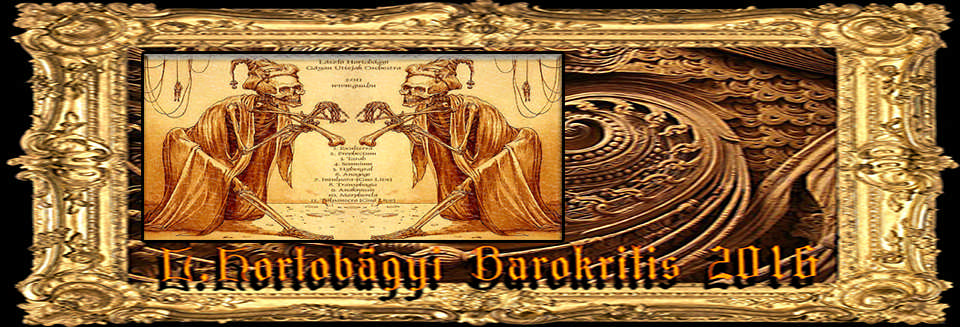

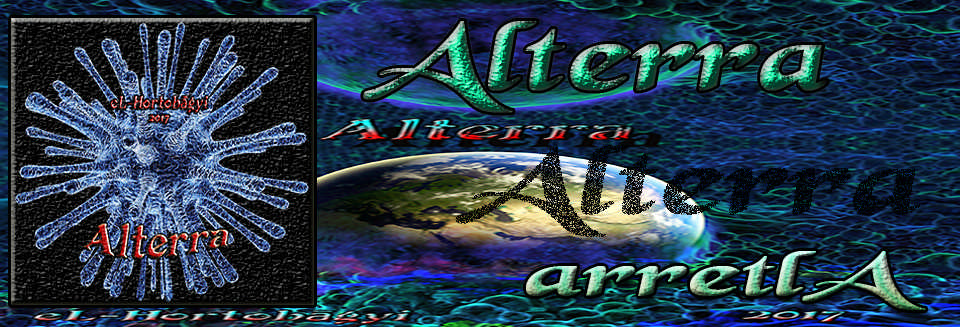

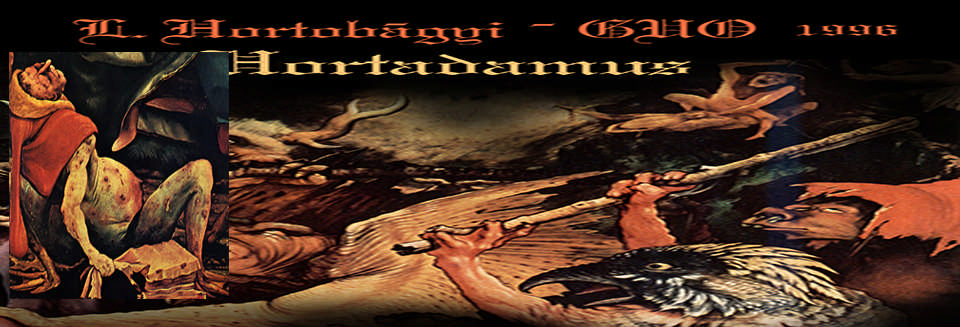
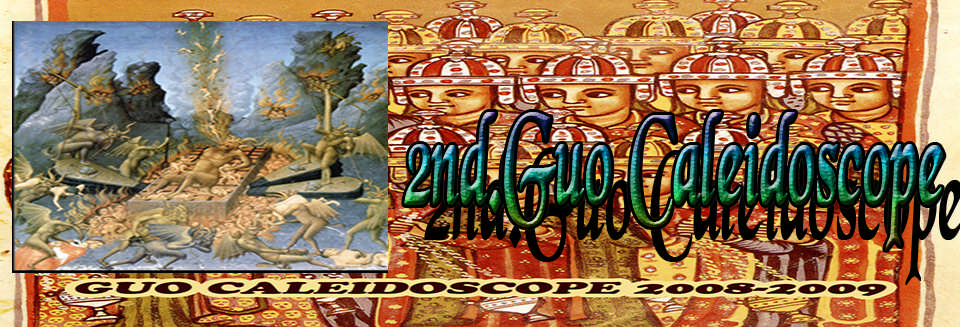
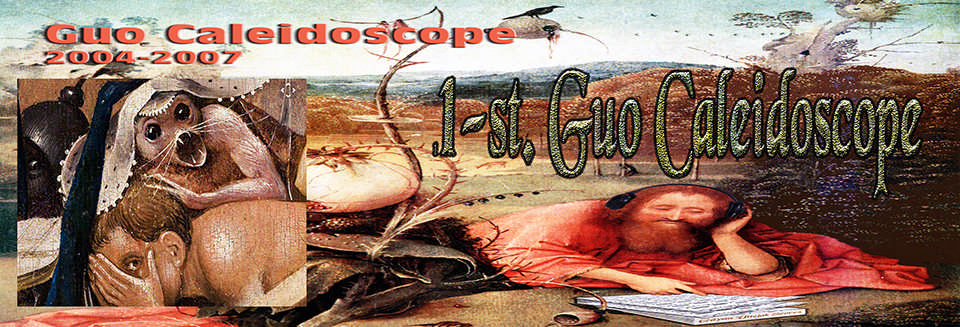
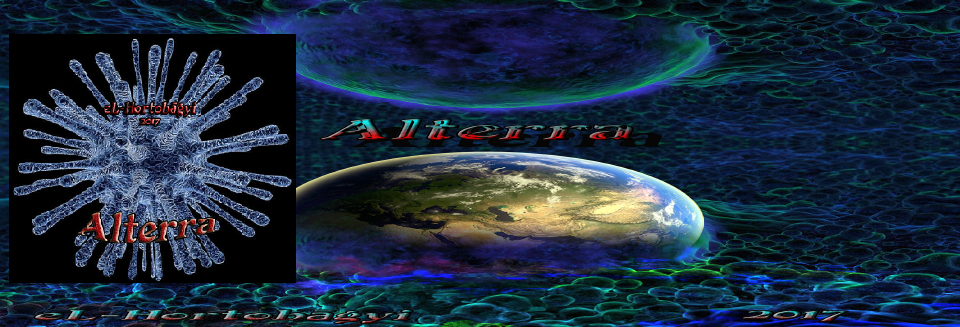
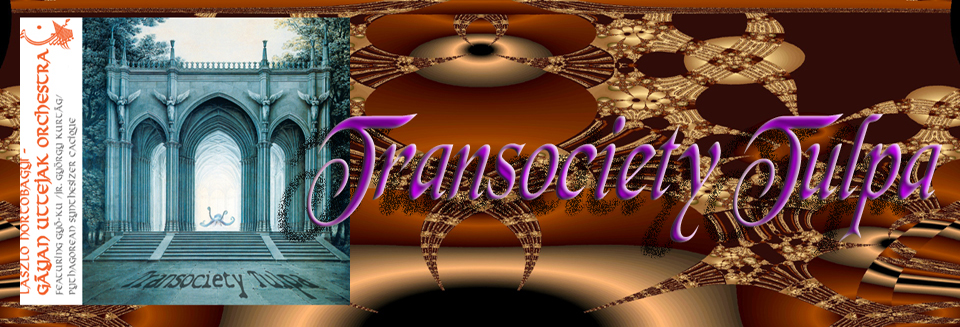
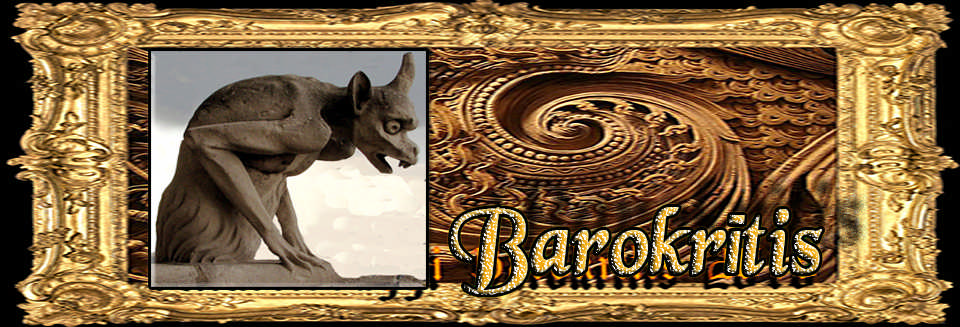


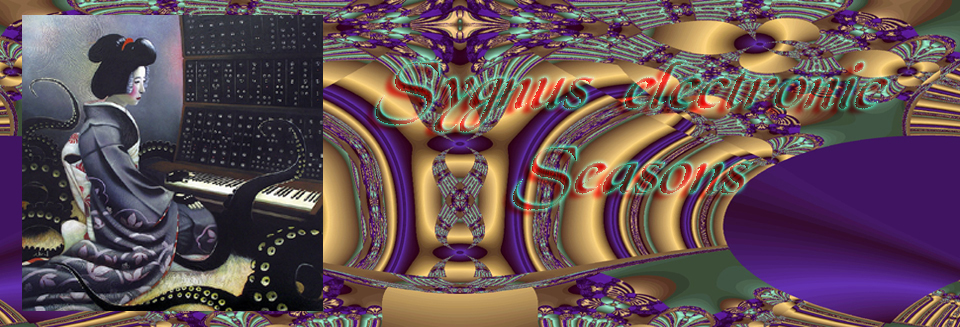
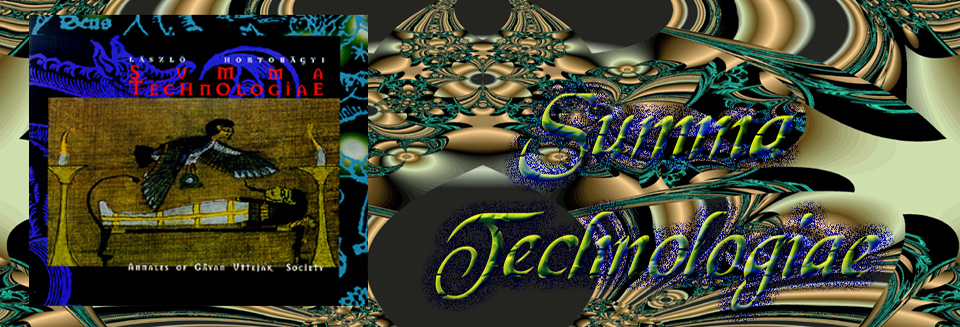


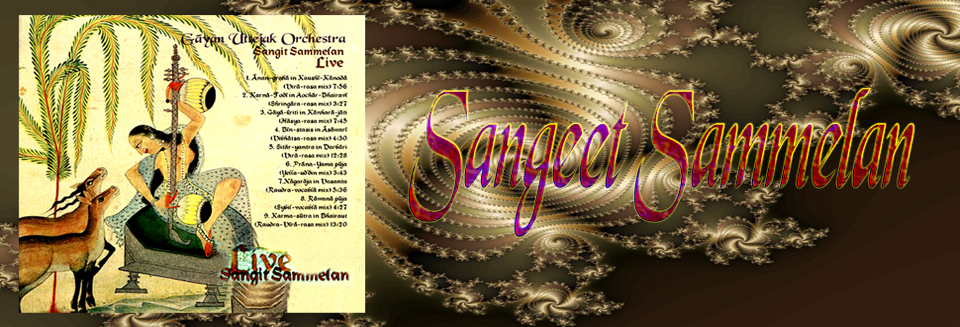
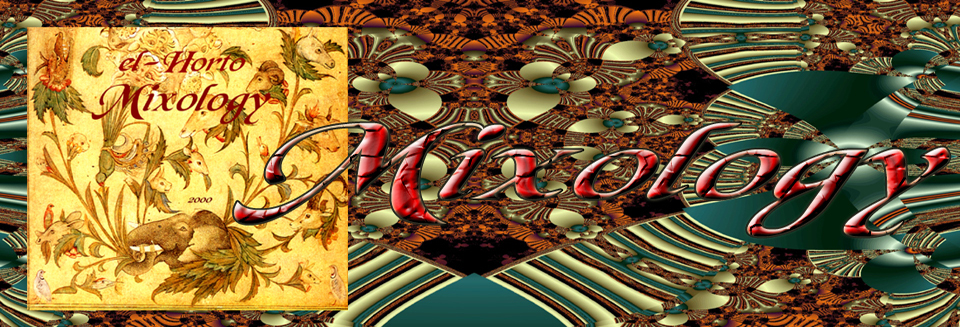
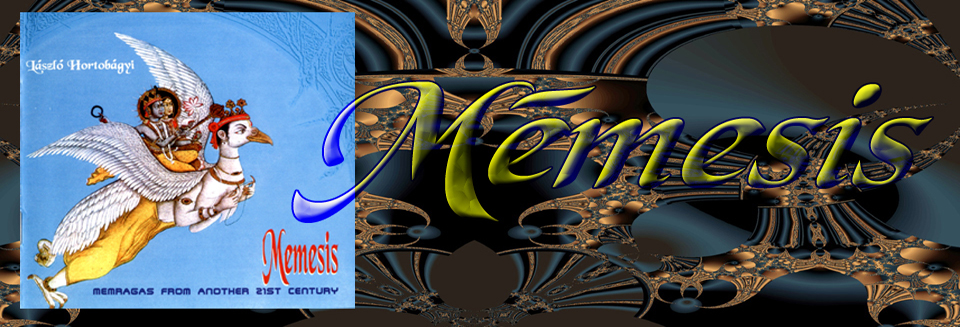
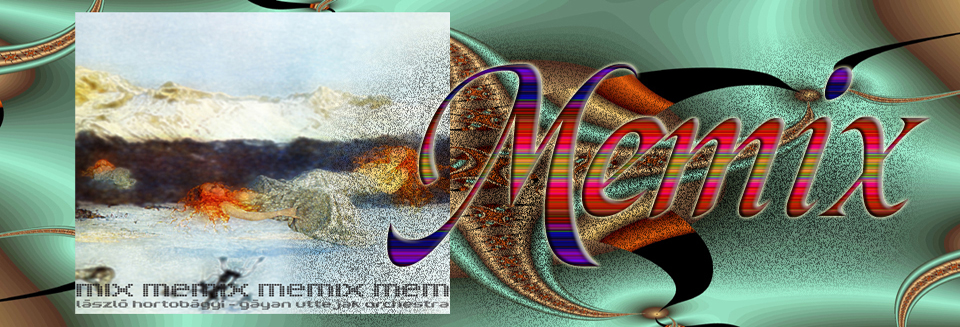
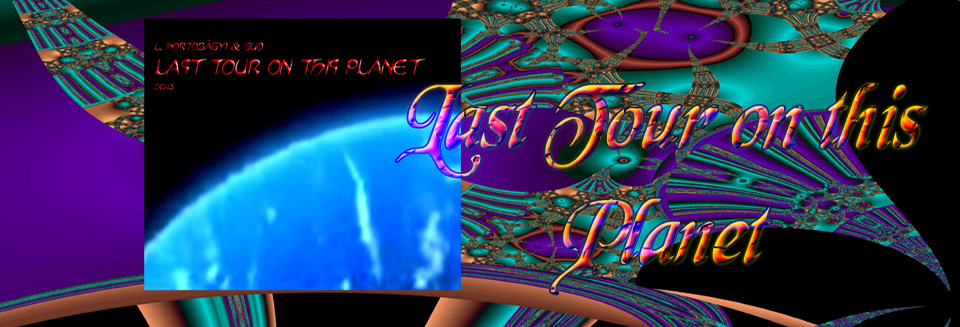

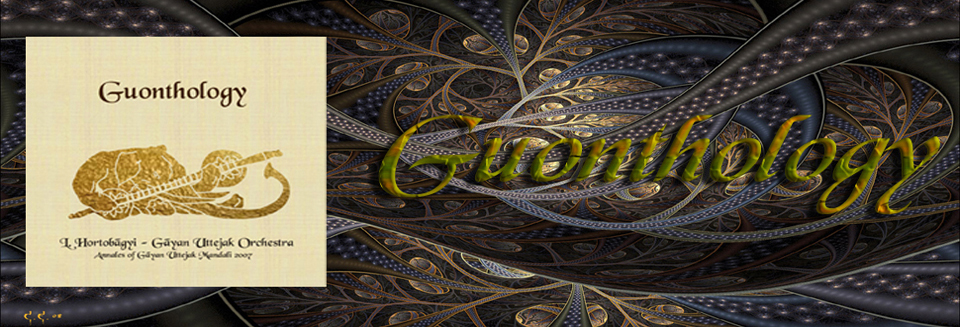

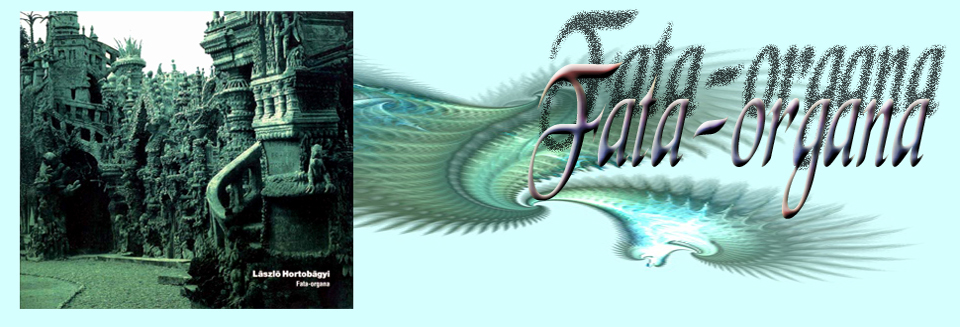
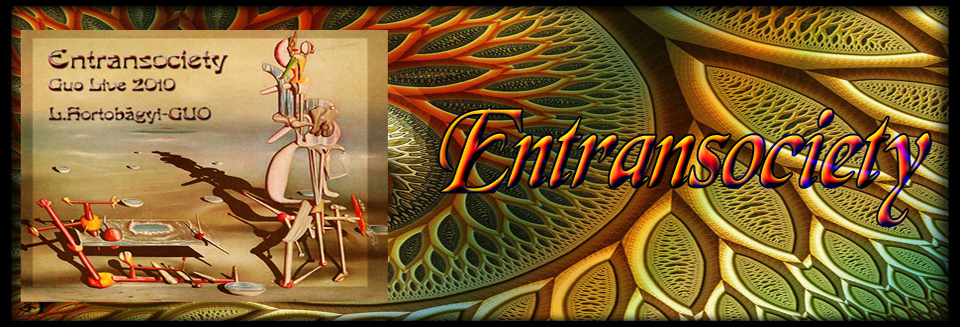

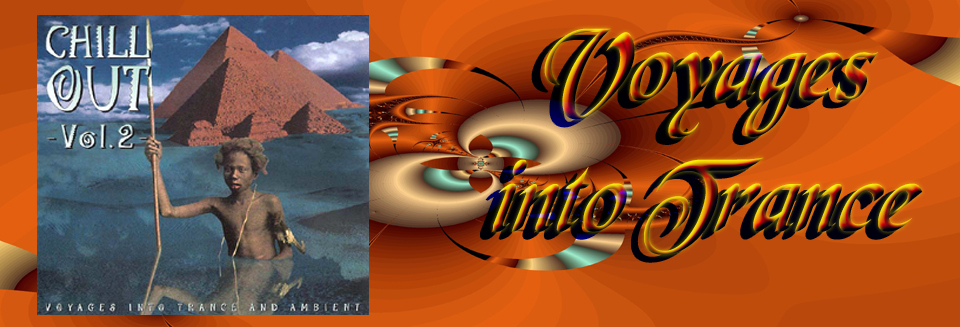
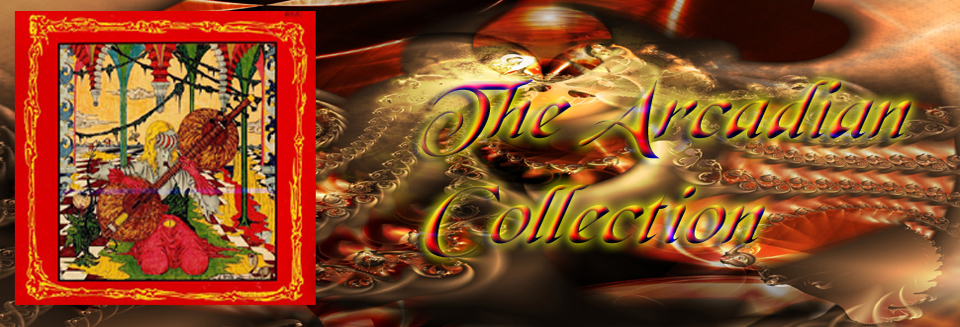
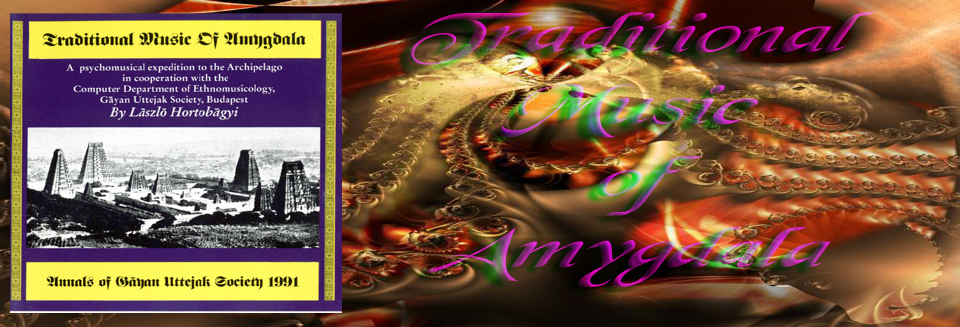
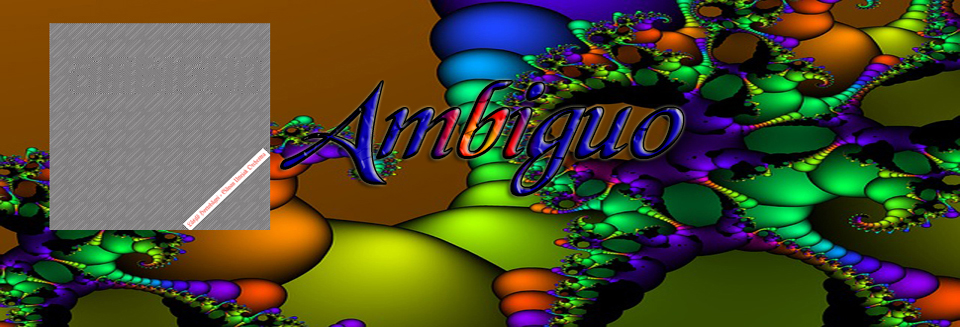


 obāgyi
obāgyi